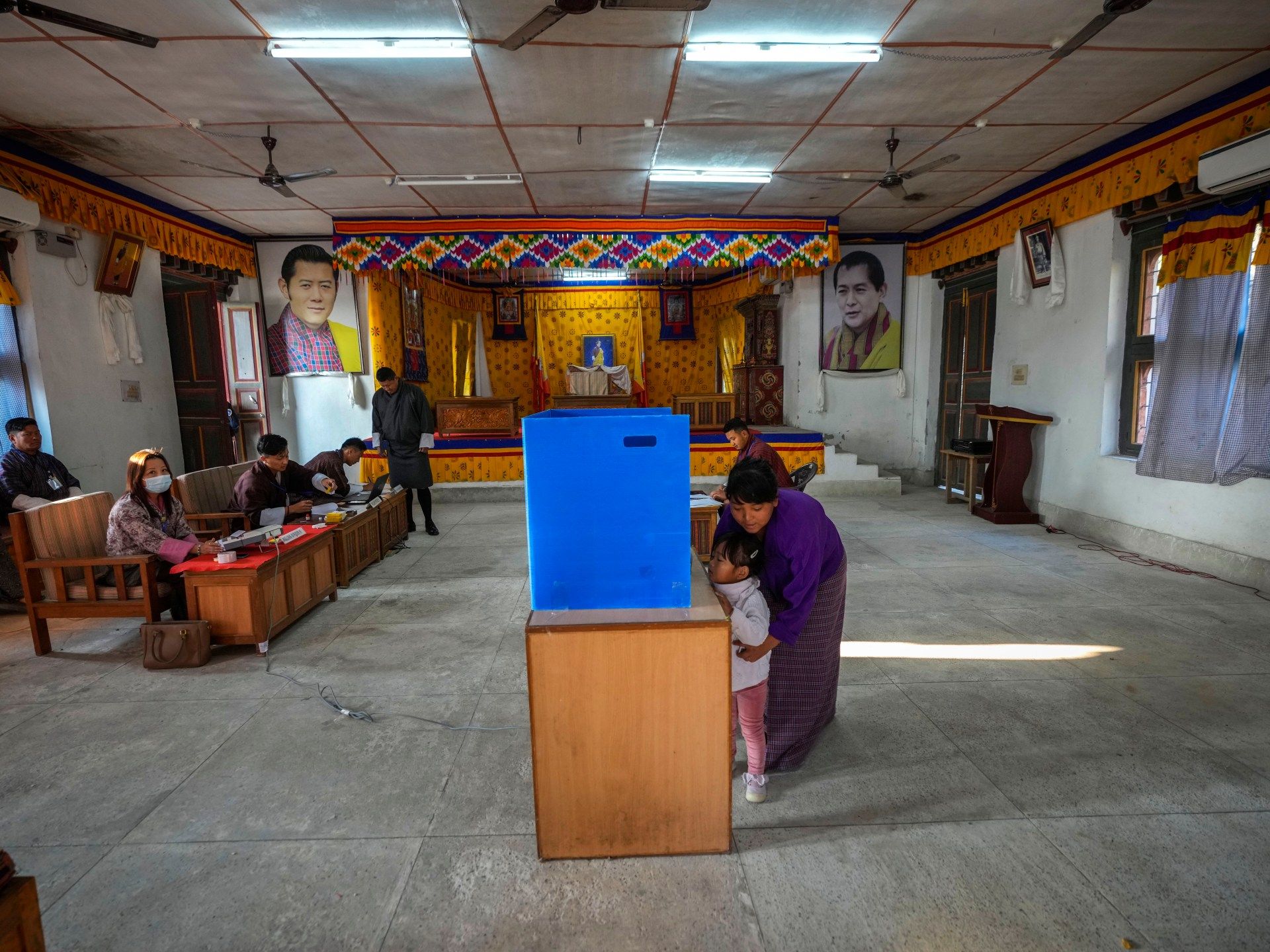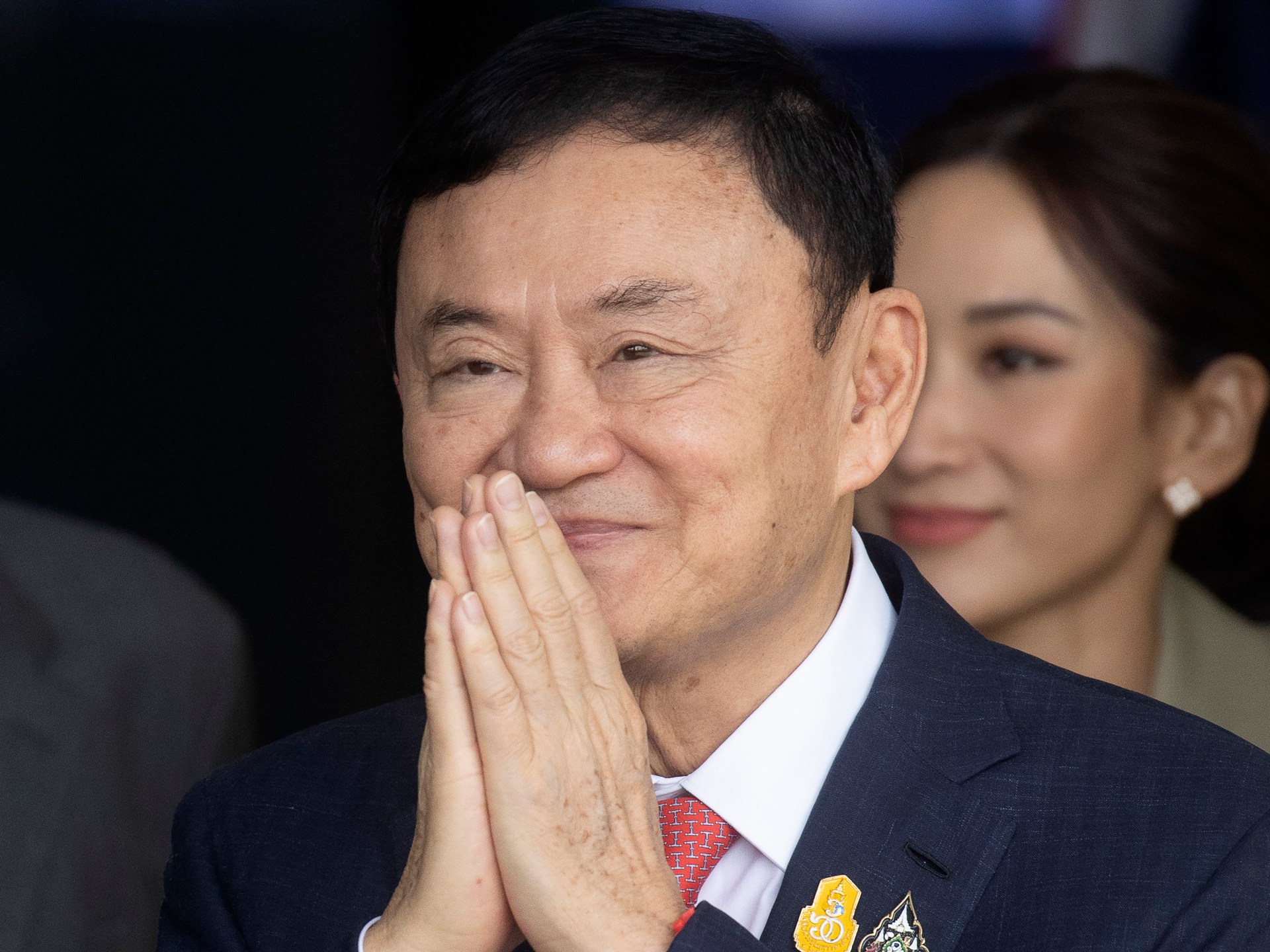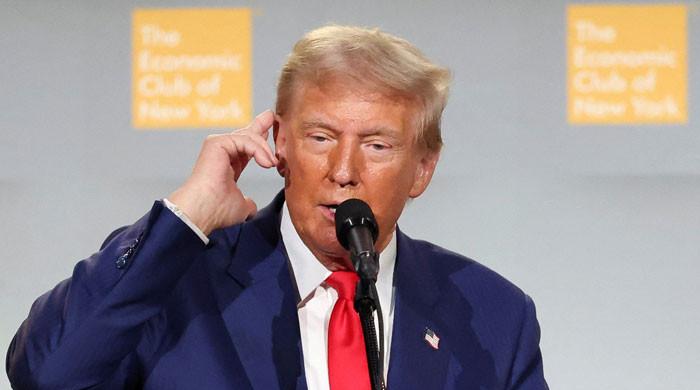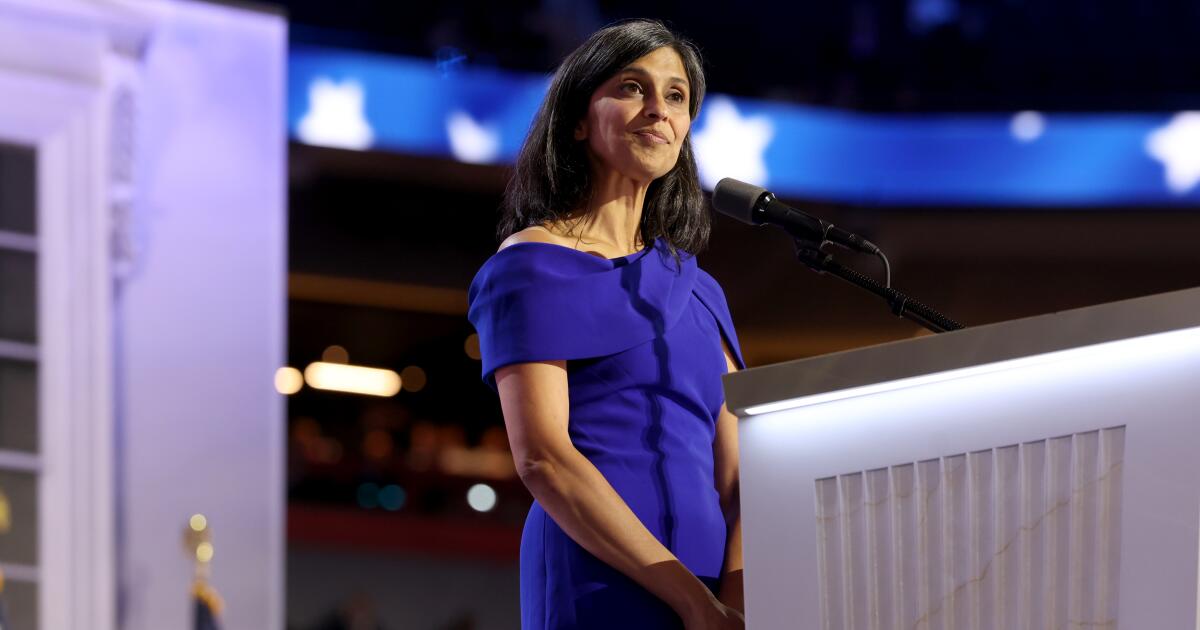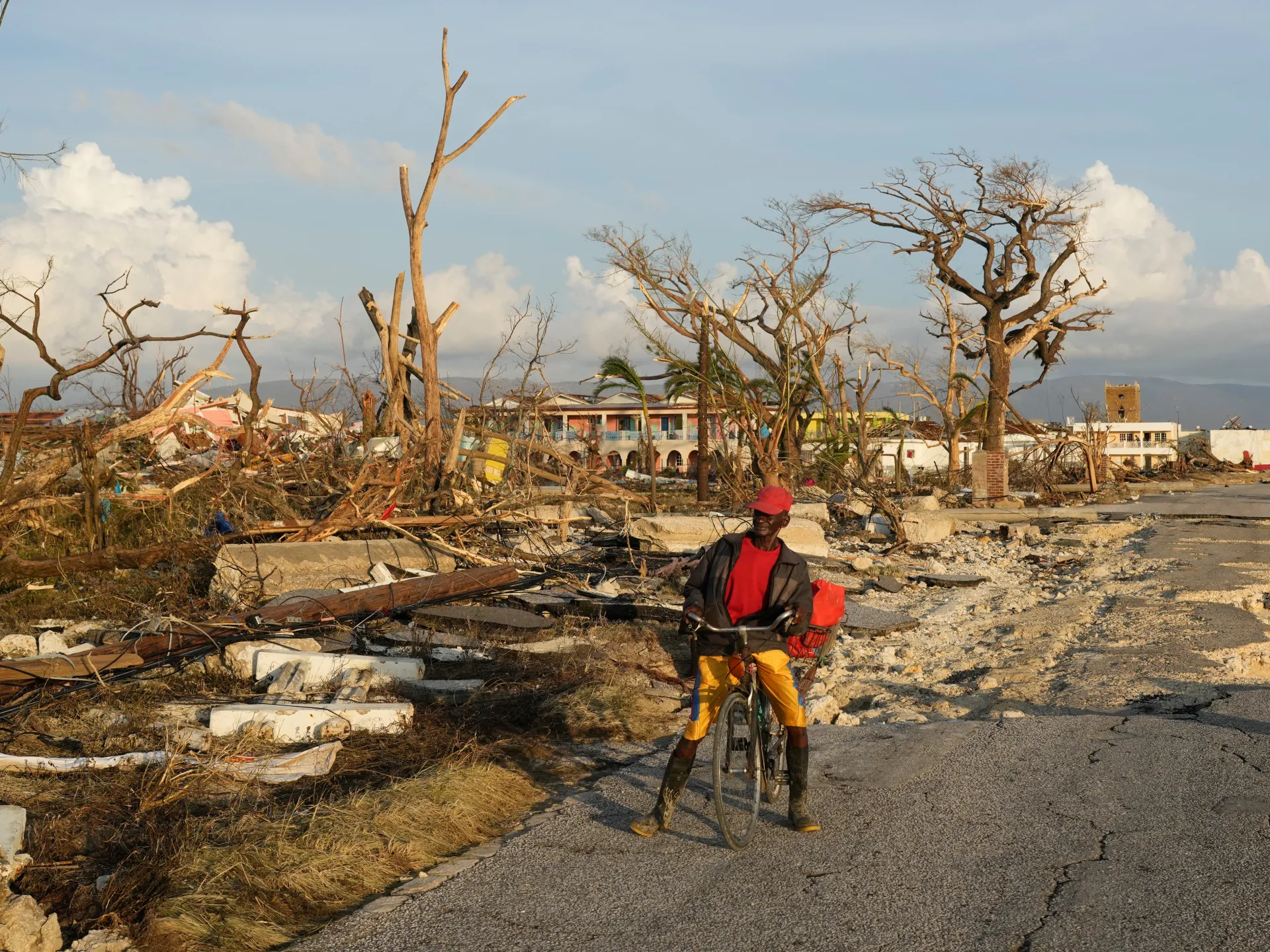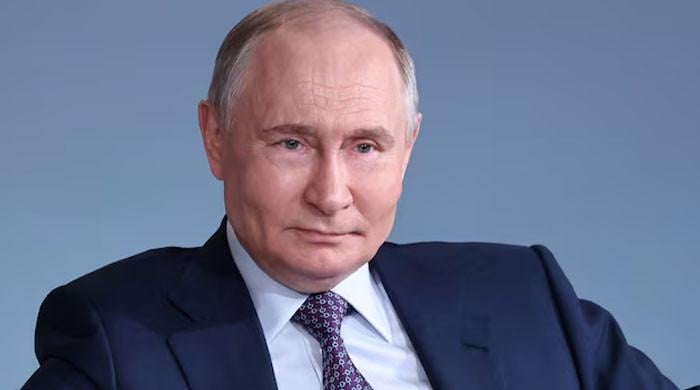Almost half a million voters have the right to choose 47 members of parliament or among 94 candidates.
Voting has begun in the final round of Bhutan’s fourth national elections since the establishment of democracy 15 years ago.
Voters headed to the polls on Tuesday when they opened at 8 a.m. (02:00 GMT), in an election focused on economic growth and opportunity, despite the country’s use of a “gross national happiness” index. ” instead of gross domestic product (GDP). .
About half a million voters can elect 47 members of parliament from a pool of 94 candidates fielded by the Bhutan Tendrel Party (BTP) and the People’s Democratic Party (PDP). The latter achieved victory in a primary round in November. Polls will close at 5:00 p.m. (11:00 GMT), and results are expected on Wednesday.
“The most important thing the Bhutanese people need is economic growth and their own,” Karma, 49, a voter from Punakha, near Thimphu, told Reuters news agency.
“Many people are unemployed and even those who have jobs receive salaries that are not enough to support the growth of their family.”
Since the last election, record numbers of young citizens seeking better financial and educational opportunities have left, with Australia being their top destination.
According to a local news report, around 15,000 Bhutanese received visas there in the 12 months to July 2022, more than the previous six years combined and equivalent to almost 2 percent of the kingdom’s population.
Located between China and India, the Buddhist-majority nation ushered in democracy with its first free vote in 2008, two years after former king Jigme Singye Wangchuck abdicated in favor of his Oxford-educated son Jigme Khesar Namgyel Wangchuck.
‘Unprecedented economic challenges’
Both parties participating in Tuesday’s vote are committed to a constitutionally enshrined philosophy of a government that measures its success by the “happiness and well-being of the people.”
But the economy and the need to curb emigration are playing a major role in a country roughly the size of Switzerland but with a population of less than 800,000.
Career civil servant Pema Chewang, 56, leader of the BTP, warned that the country is losing “the cream of the nation.”
His opponent, former prime minister and PDP chief Tshering Tobgay, 58, has sounded the alarm about Bhutan’s “economic challenges and unprecedented mass exodus.”
The PDP manifesto cited government statistics showing that one in eight people were “struggling to meet their basic food” and other needs.
Both political parties have comparable electoral platforms and are committed to improving the $3 billion economy. Despite the lifting of pandemic restrictions in September 2022, the nation, which relies heavily on aid and tourism, has struggled to revive these sectors.
The two sides appeared aligned in exploring the country’s hydropower potential, fostering agricultural growth and mitigating the risks of climate change in the world’s first carbon-negative country.
Both parties promise to encourage investment and strengthen foreign exchange reserves. At the end of October, the central bank reported that reserves stood at $464.66 million, a sharp drop from $759.16 million a year earlier.
Analysts said their promises should be taken with caution and few believed the parties would deliver on their promises if elected.
“People now tend to be skeptical about the promises that political parties make as they have seen that many (past) promises were not kept,” political analyst Sonam Tshering told Reuters.
In the three elections held since 2008, no party has led the government twice.
Political parties “are also aware that Bhutanese voters are very mature and discreet about who they vote for, which is why their votes remain secret,” Tshering said.
BTP was formed in 2022 and is led by a former bureaucrat. The PDP was founded in 2007 by Tshering Tobgay, who led the government after the 2013 elections.

